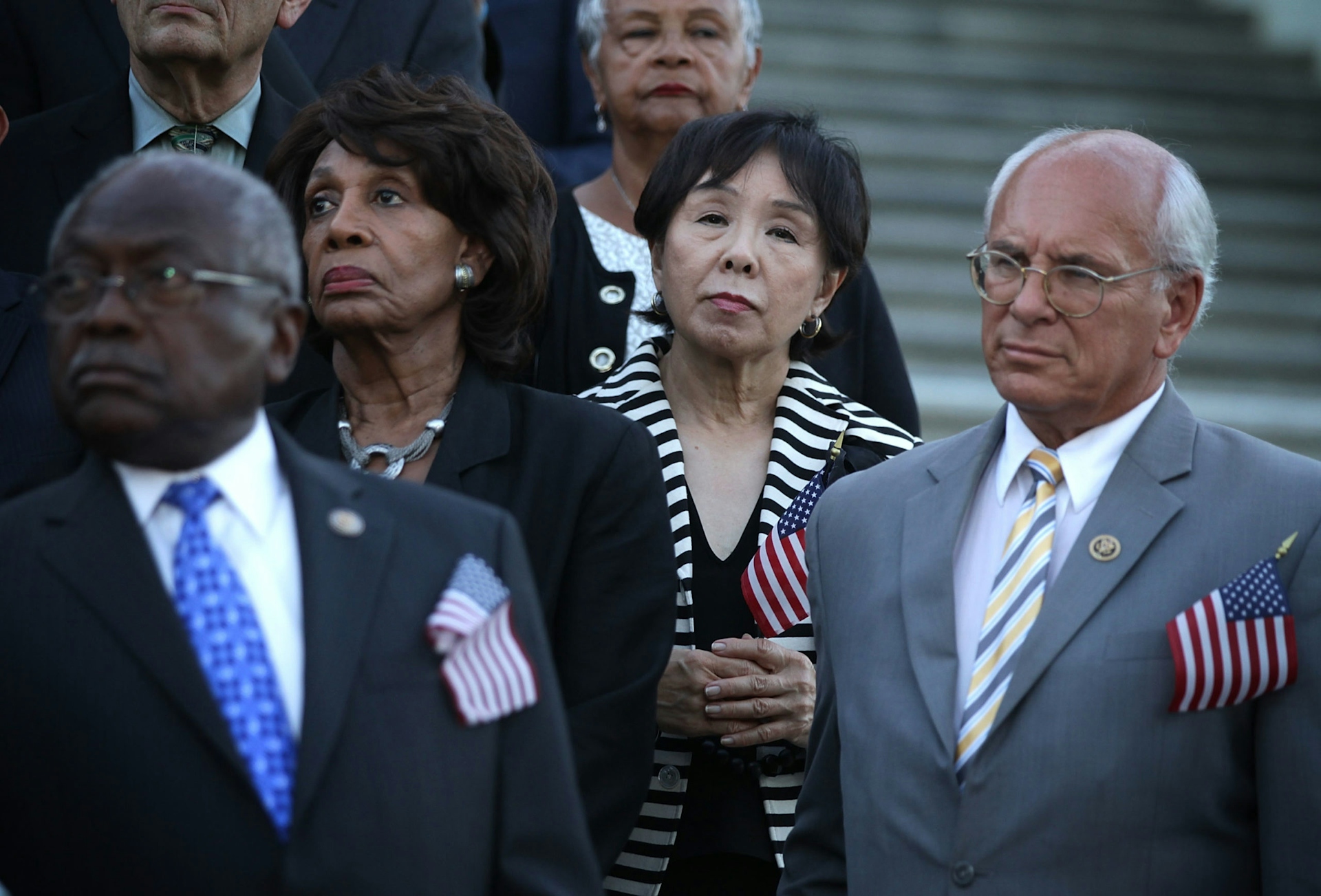Energy
House Sustainability Coalition Submits Energy and Environment Requests to Leadership

The leaders of the House Sustainable Energy and Environment Coalition have delivered a letter asking Speaker Nancy Pelosi (D-Calif.), Majority Leader Steny Hoyer (D-Md.) and nine committee chairs to use coronavirus and recovery legislation to promote a sustainable economy. The 17-page document, provided to Morning Consult, outlines specific policy across such topics as electric grid infrastructure, transportation and equity and environmental justice.
Some of these policy objectives, SEEC Executive Director Maria Laverdiere said, are expected to appear in the House Democrats’ $1.5 trillion infrastructure plan. For example, SEEC’s policy outline suggests incentivizing the purchase of zero-emission vehicles and installing the associated infrastructure, among other transportation-centric options, and the bill includes a $1.4 billion investment in electric vehicle charging and hydrogen refueling stations. The text of the legislation — known as the Moving Forward Act — will be released Friday, Laverdiere said.
“Relief and recovery legislation will shape our society for years to come,” SEEC leaders wrote, highlighting the need for relief for the clean energy industry in particular. The letter was signed by coalition co-chairs Reps. Paul Tonko (D-N.Y.), Doris Matsui (D-Calif.) and Gerald E. Connolly (D-Va.), along with the group’s five vice-chairs. SEEC has nearly 70 members in total.
While Congress has already passed four bills offering coronavirus relief, the push for accommodations by both the clean energy industry and SEEC since March have so far come to naught. In fact, as the eight SEEC leaders note in their letter, the Trump administration ended a two-year rent holiday for solar and wind projects operating on federal lands in mid-May, a multimillion-dollar hit to the industry grappling with supply chain disruptions and layoffs of 620,000 of its approximately 3.4 million workers.
The Internal Revenue Service, however, has already provided some small relief in extending safe harbor for projects that began construction in 2016 or 2017, meaning the projects have until the end of 2021 to begin generating power and claim the full tax credits provided under the law.
The letter, which has been in the works since last month, specifically advocates for extending the federal investment tax credit of 26 percent for solar projects by one year; providing temporary refundability for investment tax credit and production tax credit projects; strengthening and expanding tax incentives for energy efficiency projects more broadly; and providing grants for energy efficiency retrofitting at schools and other essential buildings that are currently closed due to the pandemic.
Additionally, the letter provides a potential frame for both immediate and long-term investments, asking that House leaders ensure “all projects built with federal funding are subject to domestic content and prevailing wage requirements.” It also pushes them to ensure they take environmental and other forms of racism into account, “as a part of our nation-wide effort to dismantle systemic racism.”
The other wide-ranging policy pathways the group proposes include: energy efficiency, particularly through the Weatherization Assistance Program; electric grid infrastructure; energy innovation through the Department of Energy’s Advanced Research Projects Agency-Energy program; water infrastructure and environmental remediation; natural infrastructure and environmental restoration, including through the Land and Water Conservation Fund (which the Senate voted Wednesday to fully and permanently fund); and sustainable agriculture.
Lisa Martine Jenkins previously worked at Morning Consult as a senior reporter covering energy and climate change.